Prevention of offenses among students
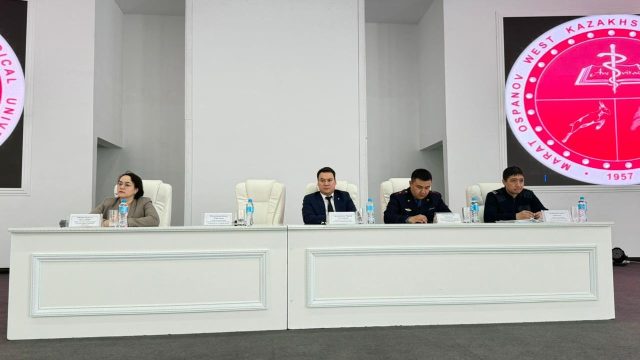
The Youth Department with Dean office organized a meeting of foreign students of the WKMOMU with law enforcement agents: First Deputy Head of the Aktobe Region Police Department M.T. Akentai, Head of the Juvenile Police of Aktobe B.M. Zhalekeshova, head of the migration police A.Zh. Kanbakbaev. The meeting was also attended by the head of the department for youth policy of the Aktobe region, M.A. Ermagambetov, representatives of foreign students from India – M.M. Goha, from Pakistan – R.M. Basit.
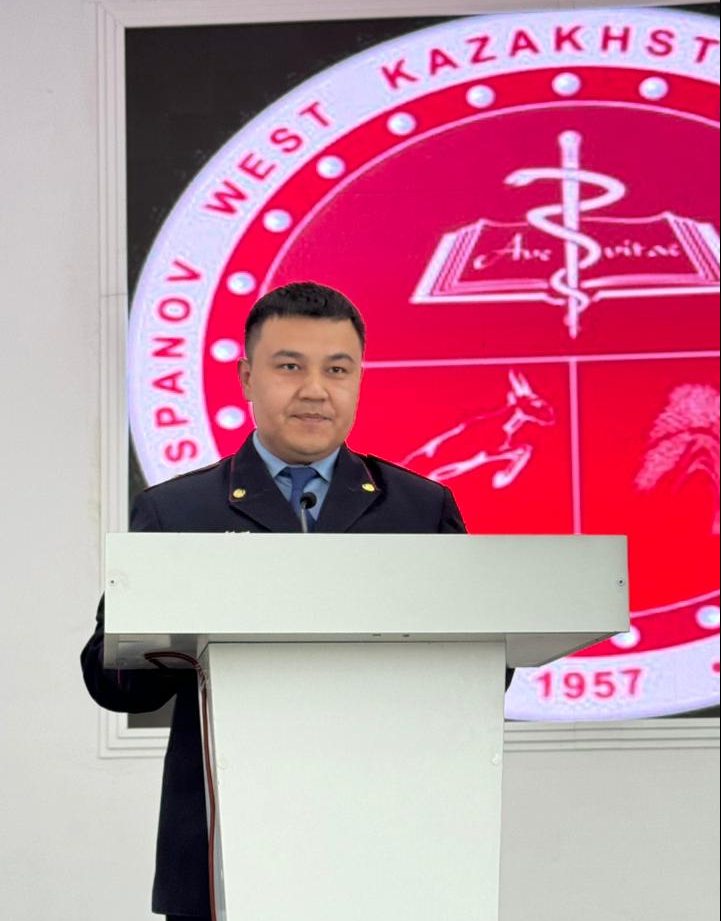
During the meeting, issues of legal propaganda among students were raised, and some issues regarding current legislation were clarified. Police officers familiarized those gathered with offenses, the commission of which leads to administrative and criminal liability.

They explained the degree of responsibility for committing administrative offenses, such as Art. 440 of the Code of Administrative Offenses of the Republic of Kazakhstan “Drinking alcohol and appearing drunk in public places”, article Art. 437 Code of Administrative Offenses of the Republic of Kazakhstan “Violation of silence at night (from 23 to 06 am)”, article Art. 434 Code of Administrative Offenses of the Republic of Kazakhstan “Petty hooliganism”, etc. Students were familiarized with maps of offenses committed by minors and the conditions of their stayforeigners and stateless persons in the Republic of Kazakhstan in accordance with current legislation.
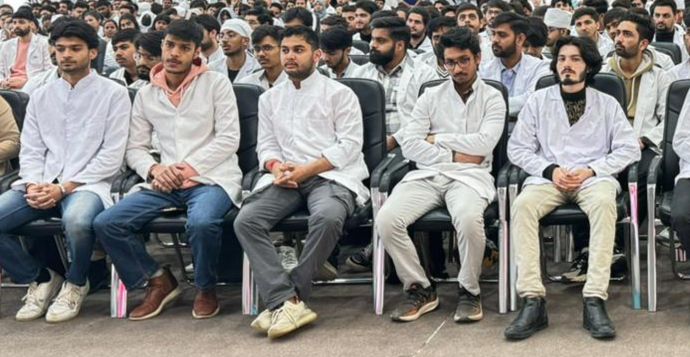
Using videos of offenses as an example, law enforcement officials conveyed information to students about preventing illegal actions. Representatives of foreign students M.M. Gouha, R.M. Basit urged students to comply with the legislation of the Republic of Kazakhstan. Dean of the International Faculty D.P. Primkulova told what measures every student should take to avoid becoming a victim of crime, and also called on all those present not to let down their vigilance.
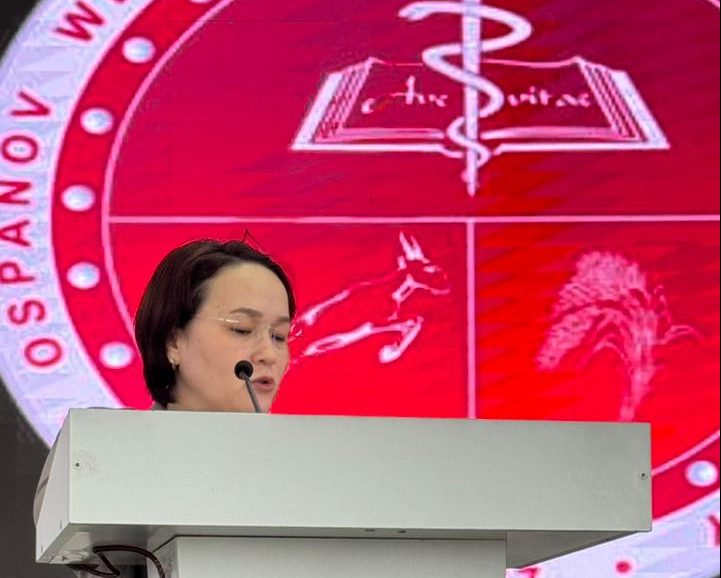
Summing up the meeting, Vice-Rector for Educational Work N.A. Abenova familarized the audience with the University Charter, in the section on compliance with the internal regulations of the university.
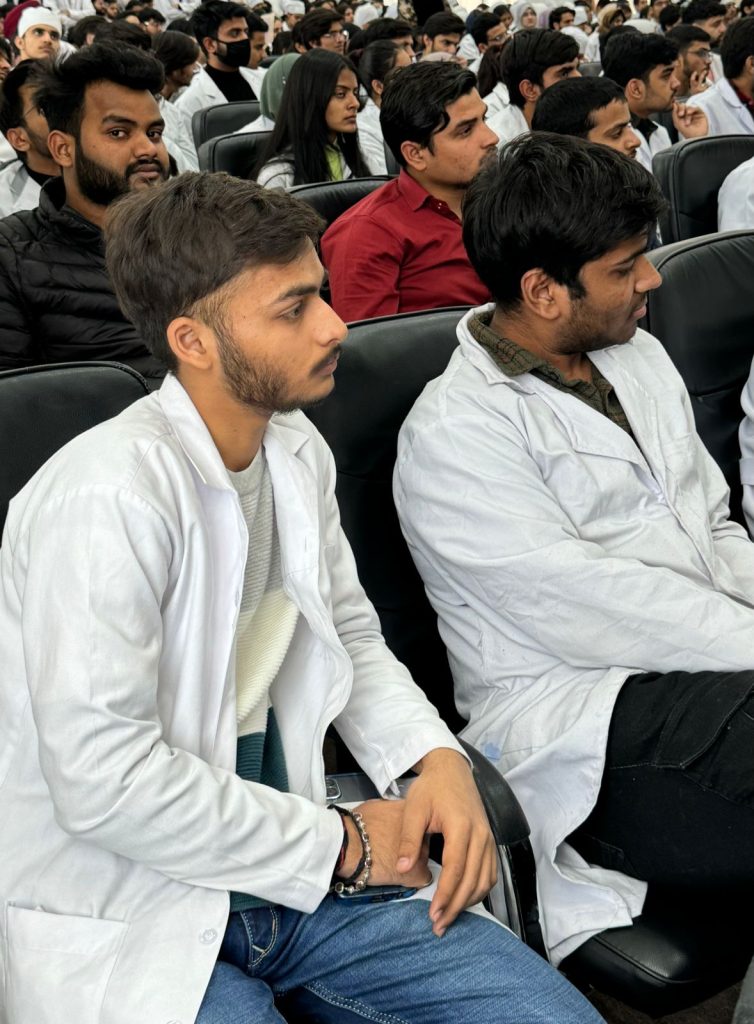



 Marat Ospanov West Kazakhstan Medical University
Marat Ospanov West Kazakhstan Medical University




